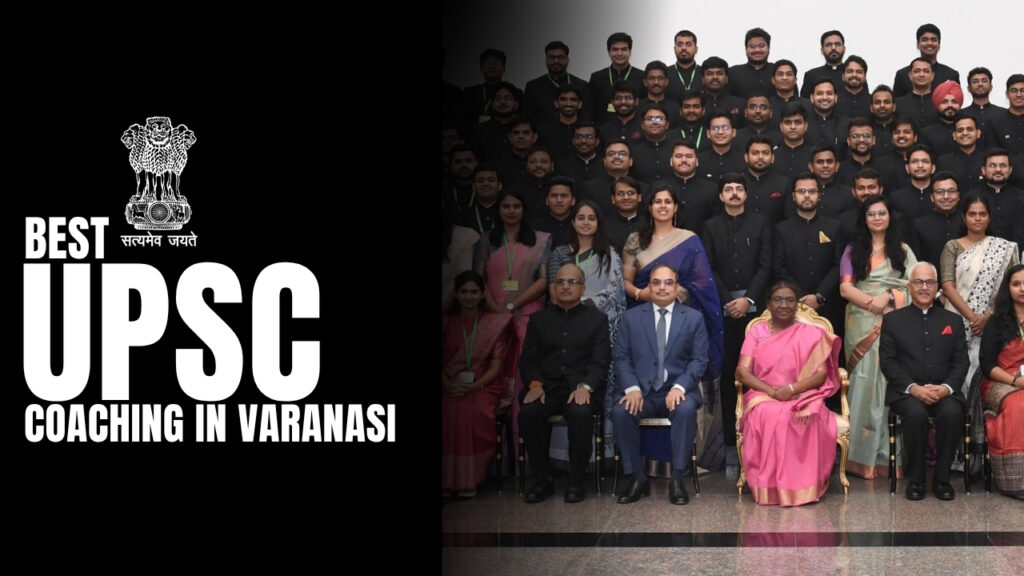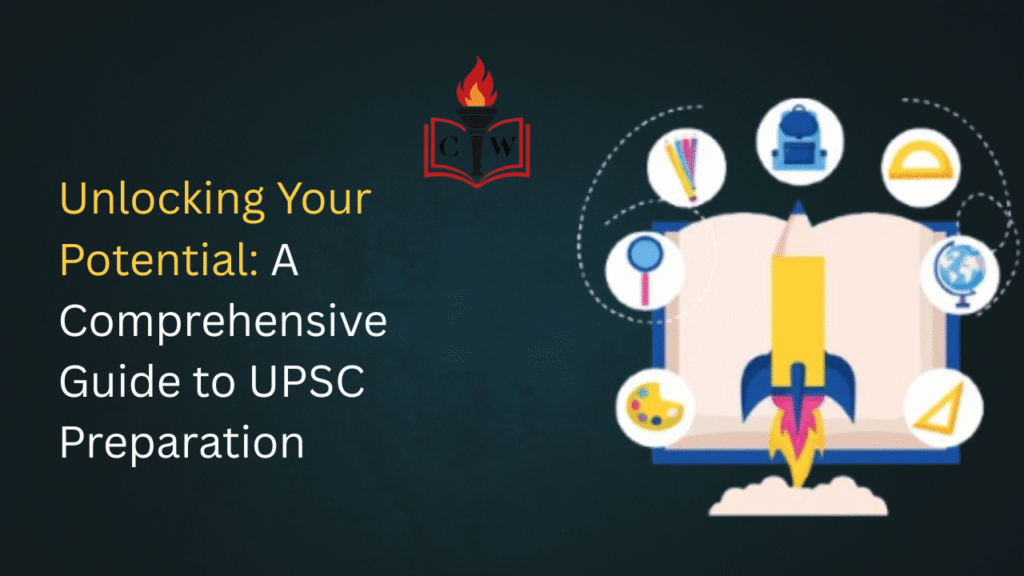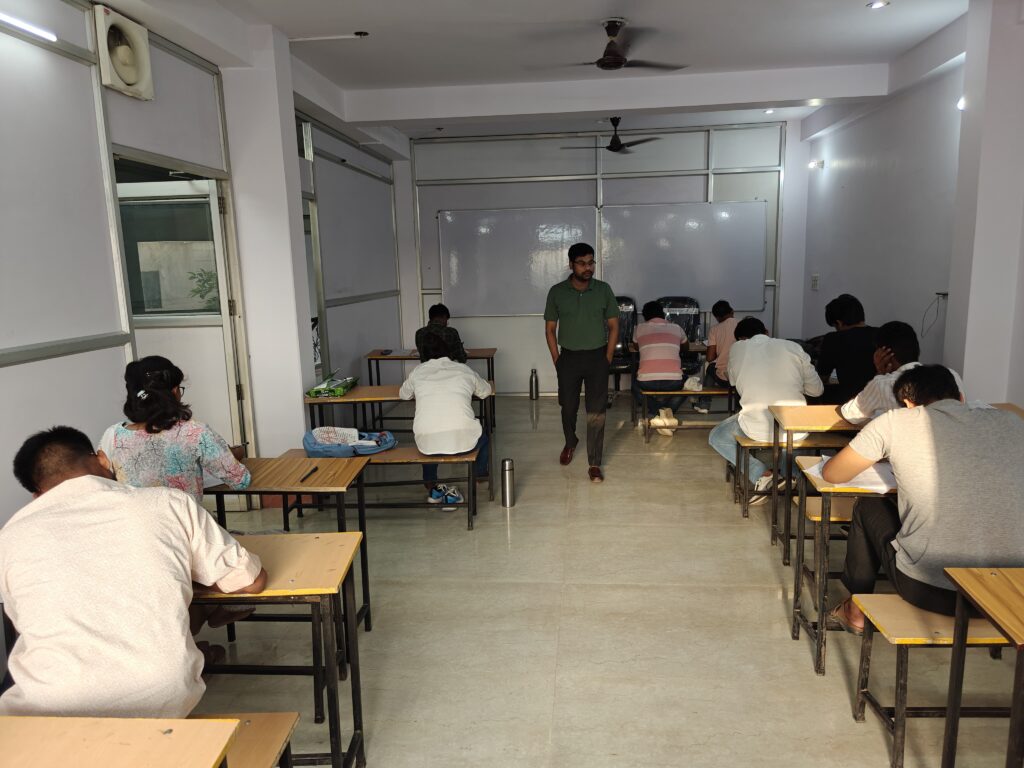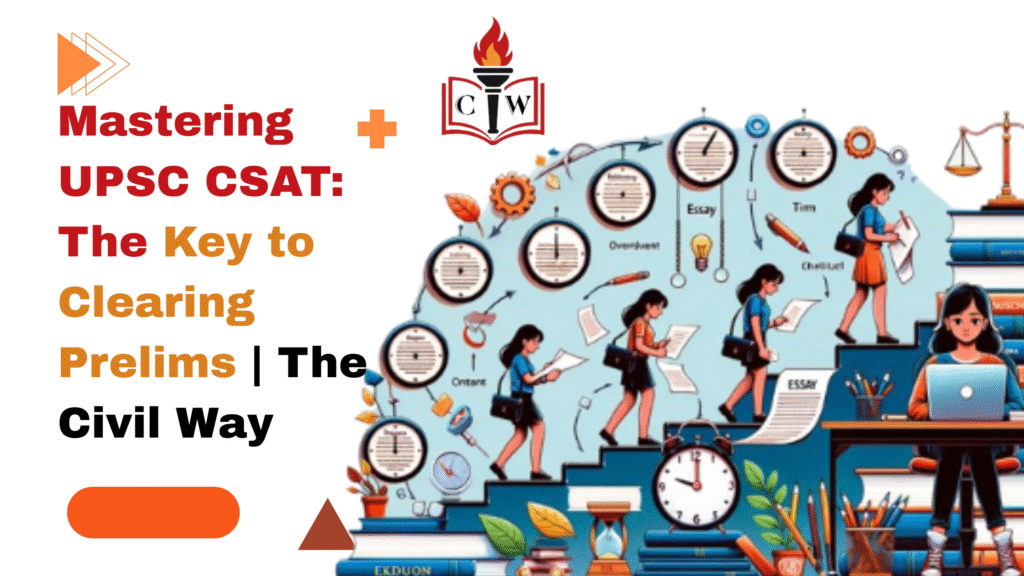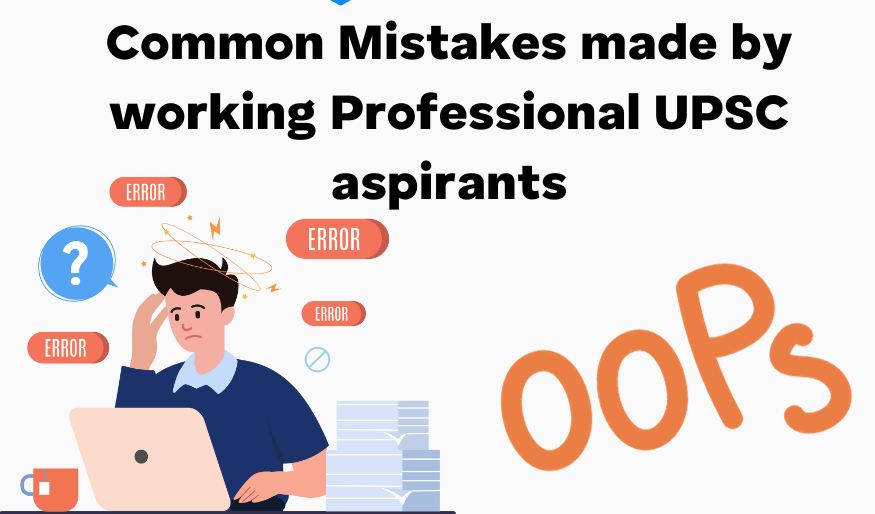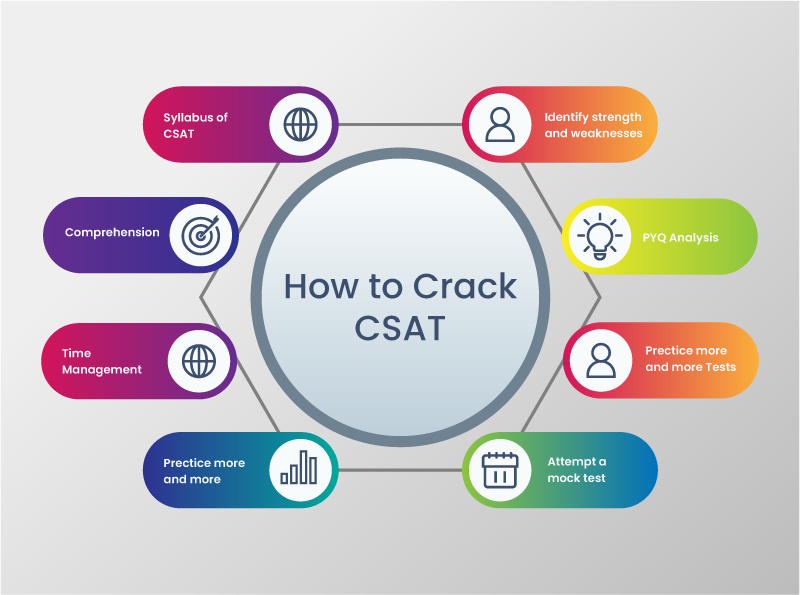The Current Affairs 01 JUNE 2025
Here are the top current affairs for Sunday, June 1, 2025, relevant to both national and international developments: 🇮🇳 National News 1. India Launches Diplomatic Campaign Post-Pakistan Conflict Following recent military actions in Pakistan, India has initiated a global diplomatic outreach to frame its operations as counterterrorism efforts. This move comes after a deadly attack on tourists in Kashmir. However, domestic critics argue that the campaign may be politically motivated and lacks transparency regarding military losses. IMF+17The Washington Post+17The Indian Express+17 2. Air Marshal Khanna Takes Over Southern Air Command Air Marshal Khanna has assumed charge as the Air Officer Commanding-in-Chief of the Southern Air Command. He brings extensive experience in air defense, ground attack, strategic reconnaissance, and electronic warfare. Deccan Chronicle 3. DRDO Chief Dr. Samir Kamat’s Tenure Extended The Central Government has extended the tenure of DRDO Chief Dr. Samir V. Kamat by one year, allowing him to continue in the role until May 2026. Current Affairs Adda247 🌐 International Affairs 4. India-EU Connectivity Conference Begins in Meghalaya The India-EU Connectivity Conference commenced today in Meghalaya, aiming to enhance connectivity investments in India’s North Eastern States and neighboring countries like Nepal, Bhutan, and Bangladesh. Current Affairs Adda247 5. BRICS Foreign Ministers Meet in Cape Town Foreign ministers from BRICS nations have gathered in Cape Town to discuss issues including local currency trading and a peace plan for the ongoing Russia-Ukraine conflict. This meeting sets the stage for the upcoming 15th BRICS Summit in August. Current Affairs Adda247 🌡️ Weather Update for Jaunpur, Uttar Pradesh Currently 104° · Hazy sunshine Jaunpur, India 4 PM 103° Hazy sunshine 5 PM 100° Hazy sunshine 6 PM 98° Hazy sunshine 7 PM 95° Intermittent clouds 8 PM 94° Mostly cloudy 9 PM 93° Cloudy 10 PM 91° Cloudy 11 PM 90° Cloudy Show more 📅 Observances 🏏 Sports 6. India’s Cricket Tours to England Scheduled
The Current Affairs 01 JUNE 2025 Read More »


